Blog
-
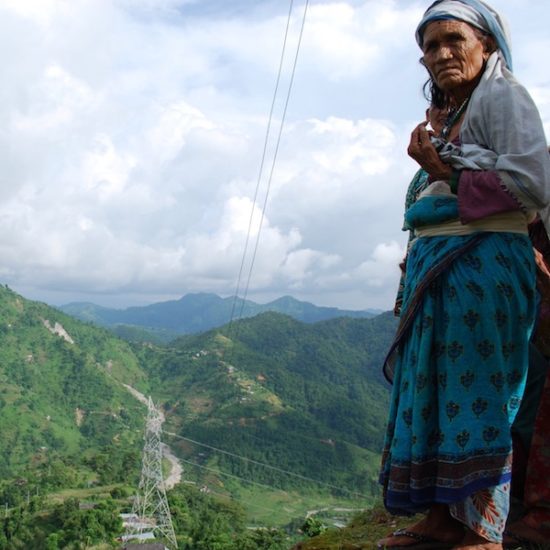 14 July 2015
14 July 2015Nepali Communities Seek Justice for Violations in World Bank Project
Last week an independent investigation revealed serious abuses in a World Bank-funded transmission line project in central Nepal. The Khimti-Dhalkebar transmission line runs through indigenous and rural communities, who have been raising concerns about the project for over five years. Though the findings validate community concerns, the World Bank has not committed to correcting the damage caused by its failures in this project. -
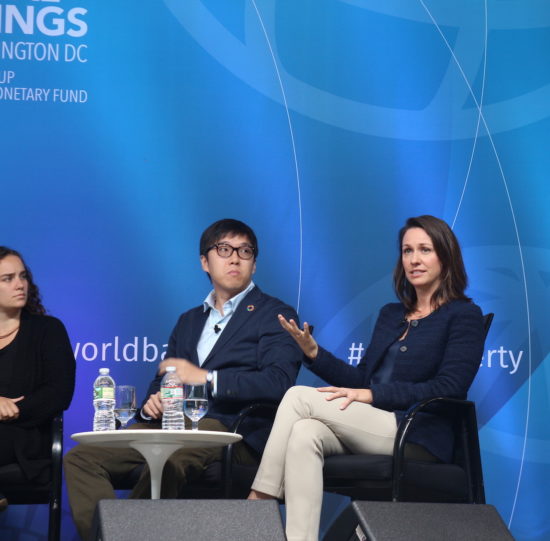 9 June 2015
9 June 2015More than 100 Organizations Send a Letter to World Bank President
Accountability Counsel, along with 106 other civil society organizations, sent President Kim a letter “to urge the World Bank to increase the transparency and accountability of World Bank-funded procurements.” AC and partners hope this letter is the first step towards the World Bank implementing reform and embracing transparency with regard to their procurement activities. -
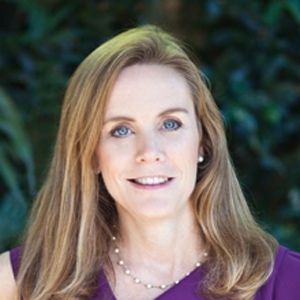 22 May 2015
22 May 2015Announcing Draper Richards Kaplan Foundation Award, Christy Chin As New Board Member
Accountability Counsel has received a three-year grant from the Draper Richards Kaplan Foundation to support the organization’s pioneering work defending environmental and human rights of communities around the world. -
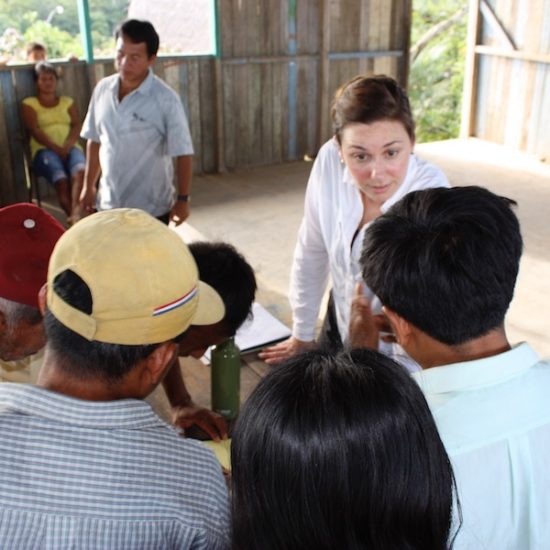 24 April 2015
24 April 2015Accountability Counsel Submits Joint Letter for the U.S. National Action Plan on Responsible Business Conduct
Accountability Counsel, the Center for International Environmental Law, and Friends of the Earth (US) sent a letter today to Secretary of State John Kerry as part of the development of the U.S. National Action Plan (NAP) on Responsible Business Conduct. -
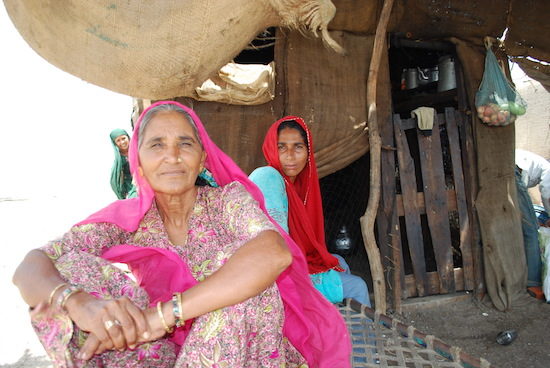 23 April 2015
23 April 2015Groundbreaking Litigation Against the World Bank
Today, Indian fishing communities and farmers represented by EarthRights International filed a lawsuit alleging that the International Finance Corporation (IFC) – the private lending arm of the World Bank Group – harmed their health, property and livelihoods by investing in an ultra mega coal-fired power plant. -
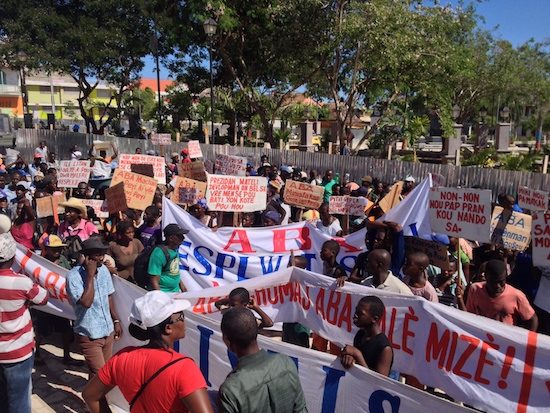 10 April 2015
10 April 2015Woefully Inadequate World Bank Response on Haiti, Safeguards Gap
Today we received the World Bank’s response to a letter we submitted from over 90 civil society organizations demanding that the Bank take responsibility for its actions in Haiti. -
 7 April 2015
7 April 2015Announcing South Asia Consultant Anirudha Nagar
Accountability Counsel is pleased to announce that Anirudha Nagar will be joining our team as a consultant, collaborating with us on our work in South Asia. -
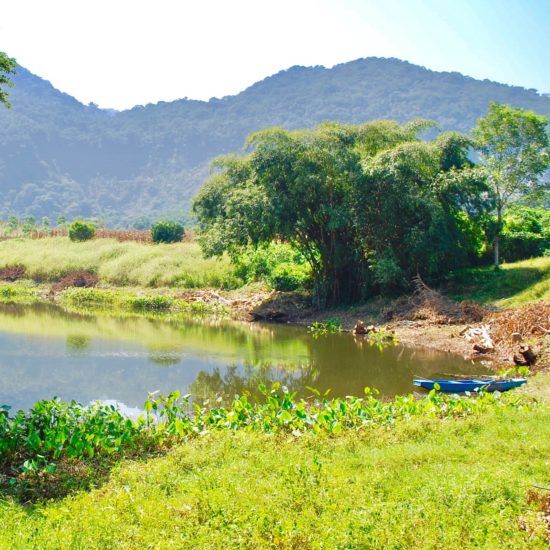 24 March 2015
24 March 2015OPIC’s Plan Promises Improvements But Lacks Details on Reform
Last week, the U.S. Overseas Private Investment Corporation (OPIC) published a plan to address widespread failures at the agency that contributed to a botched energy project in Liberia, which resulted in serious human rights, labor, and environmental abuses that our case identified. -
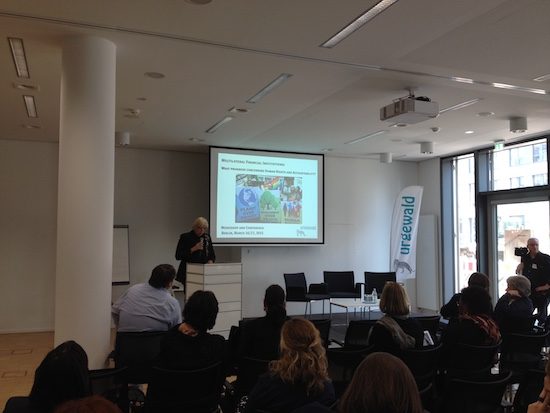 17 March 2015
17 March 2015Accountability Counsel Participates in Urgewald Human Rights Conference
Policy Director Kindra Mohr is attending the Urgewald 2015 conference this week on Human Rights and Accountability at Multilateral Financial Institutions in Berlin, Germany. -
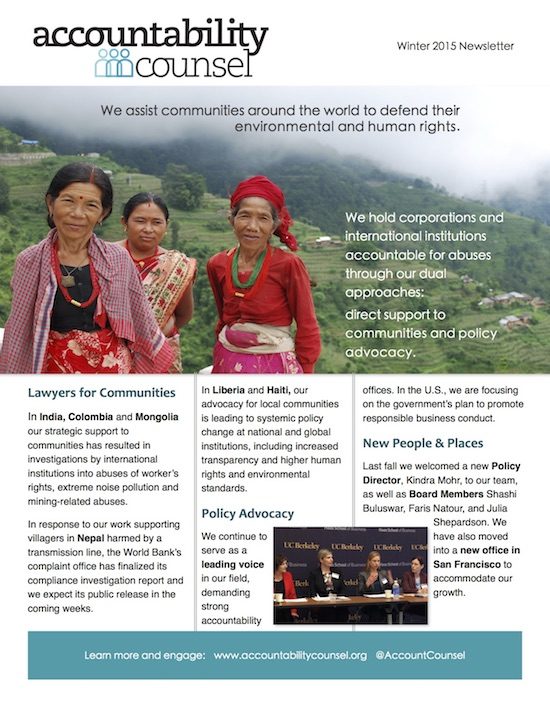 11 March 2015
11 March 2015Our Winter Newsletter
We are pleased to share our Winter Newsletter with updates on our policy advocacy and from our work in communities around the world. -
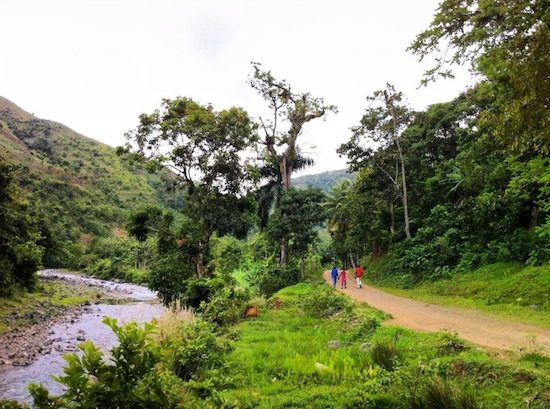 9 March 2015
9 March 2015International Outcry Over World Bank Role in Haiti Mining Sector
Today more than 90 organizations from around the world joined with the Haiti Mining Justice Collective, the NYU Global Justice Clinic, and Accountability Counsel to demand that the World Bank take responsibility for its actions in Haiti. -
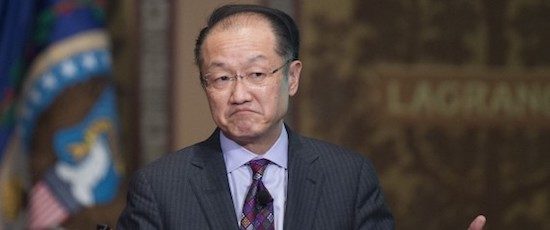 5 March 2015
5 March 2015World Bank Admits Resettlement Failures, Falls Short on Fixes
Accountability Counsel’s press release covers the World Bank’s announcement on Wednesday that it failed to properly implement its own resettlement policy, leaving untold thousands without their homes, businesses, land or any compensation to show after they were displaced to make way for World Bank development projects. -
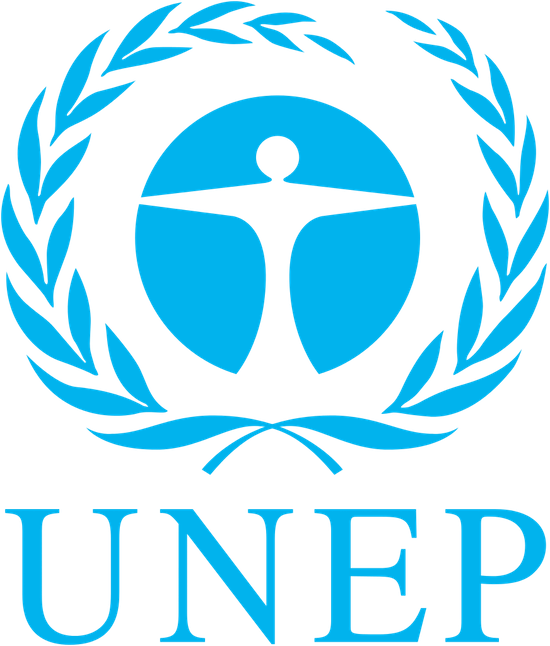 3 March 2015
3 March 2015United Nations Launches a New Stakeholder Response Mechanism
The United Nations Environment Programme (UNEP) recently announced the creation of its new Stakeholder Response Mechanism (SRM) to serve as a forum for project affected people to voice their concerns about UNEP projects. -
 27 February 2015
27 February 2015Welcoming Our Newest Board Member, Faris Natour
We are thrilled to announce that Faris Natour has joined Accountability Counsel’s Board of Directors. Faris comes to us with a deep background in the business and human rights field. He is currently the Managing Director for Advisory Services at Business for Social Responsibility (BSR), where he leads their Global Human Rights Practice. -
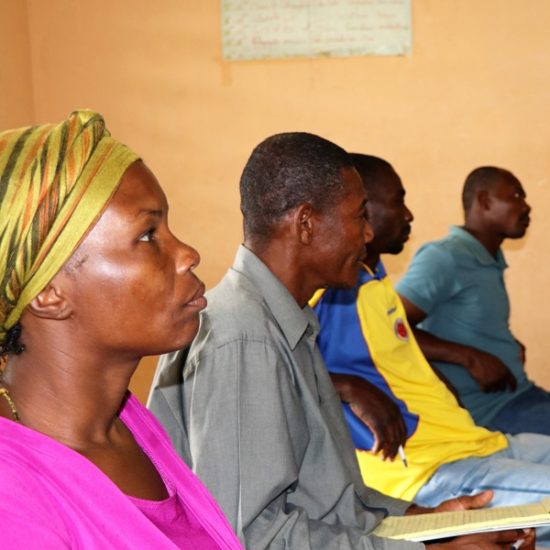 17 February 2015
17 February 2015World Bank Refuses to Consider Haitian Communities’ Complaint about New Mining Law
Last week, the World Bank Inspection Panel refused to consider a complaint from Haitian communities about the Bank’s support for development of the mining sector in Haiti. Communities affected by mining activity and the Justice in Mining Collective, a group of six Haitian civil society organizations, submitted the complaint in… -
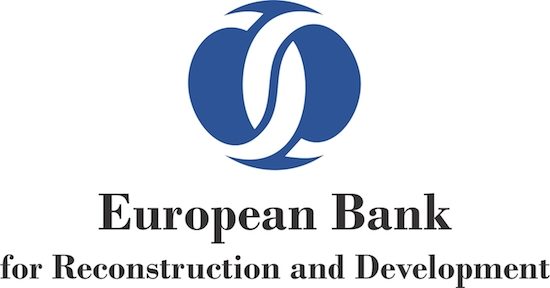 2 February 2015
2 February 2015Accountability Counsel Raises Concerns about EBRD’s Hiring Process for Key Accountability Position
Accountability Counsel and partner civil society organizations sent a letter to the President of the European Bank for Reconstruction and Development (EBRD) expressing concerns about the hiring process for the EBRD’s Project Complaint Mechanism (PCM) Officer position. -
 30 January 2015
30 January 2015Media Reports Question Accountability at OPIC
A series of media reports came out this week calling attention to the lack of accountability at the U.S. Overseas Private Investment Corporation (OPIC). The relatively unknown agency handles an $18 billion development portfolio and its operations have faced little scrutiny until recently. -
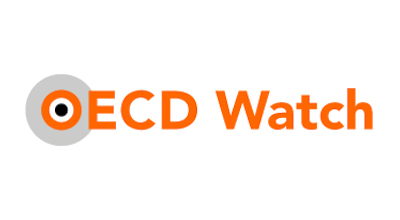 19 January 2015
19 January 2015Accountability Counsel Elected to Join OECD Watch Coordination Committee
Accountability Counsel was recently elected to join the OECD Watch Coordination Committee (CC). OECD Watch, a global network of non-governmental organizations that advocates for the implementation of the OECD Guidelines for Multinational Enterprises, voted for Accountability Counsel along with two other organizations to serve in the three-year CC positions. -
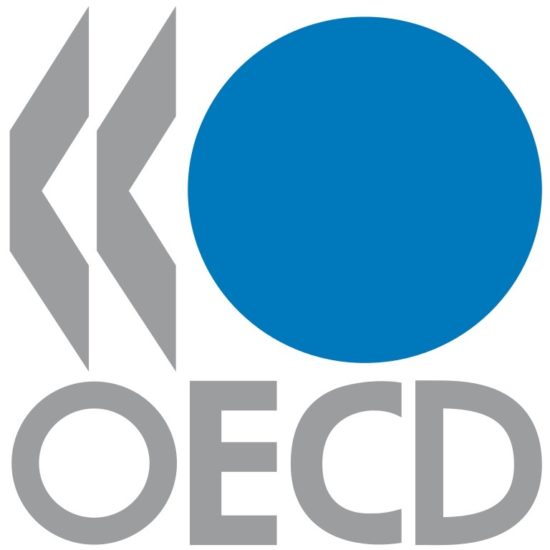 15 January 2015
15 January 2015Accountability Counsel Submits Comments on U.S. National Action Plan
Accountability Counsel submitted comments today to Secretary of State John Kerry as part of the development of the U.S. National Action Plan (NAP) on Responsible Business Conduct. -
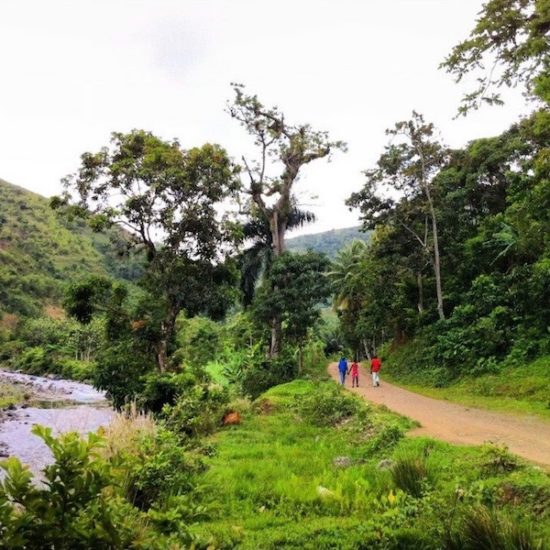 7 January 2015
7 January 2015Haitian Communities File Complaint about World Bank-Supported Mining Law
Haitian communities and organizations filed a complaint with the World Bank regarding Bank-supported activities to develop Haiti’s mining sector today. The complaint alleges that the Haitian populace has been left out of World Bank-funded efforts by the Haitian government to draft new mining legislation intended to attract foreign investors to…

